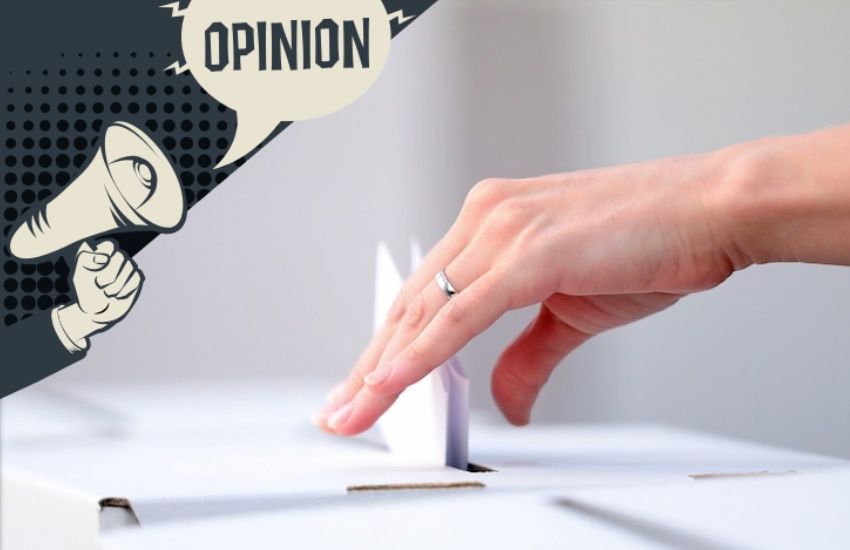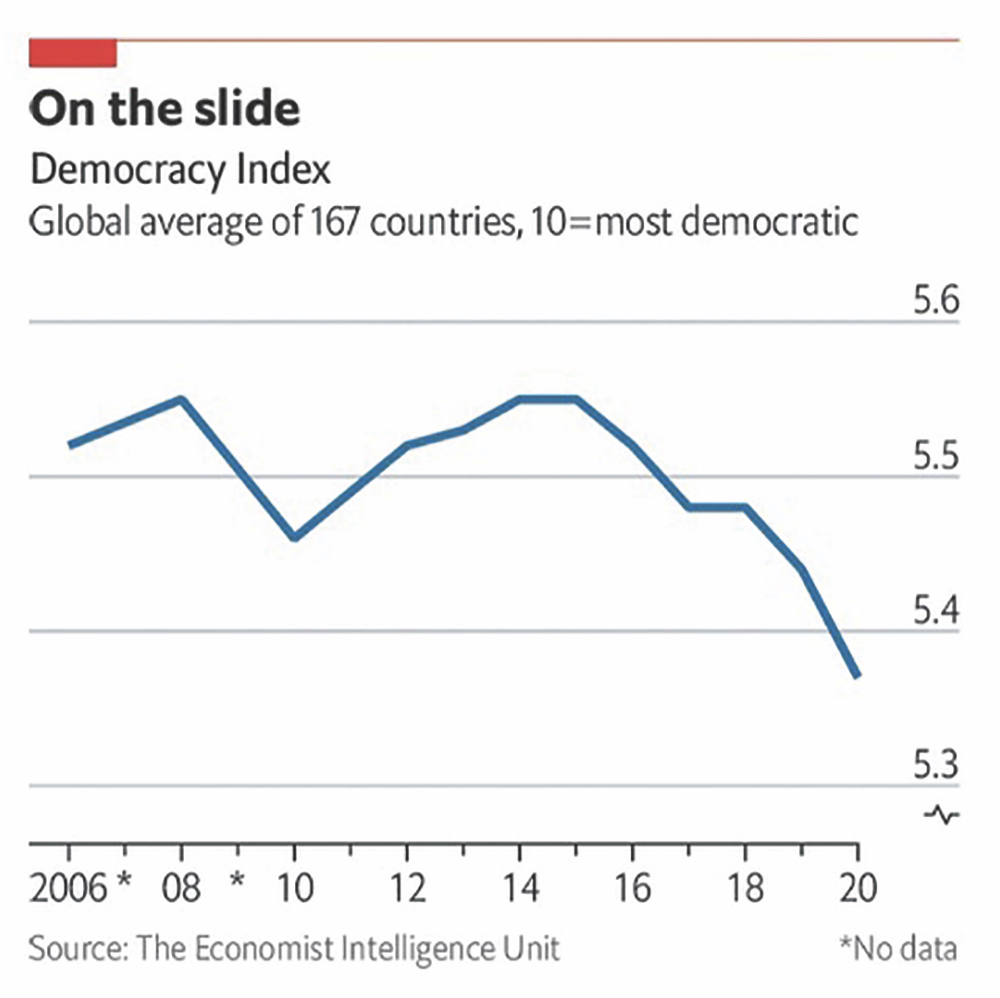


With a general election just a few months away, and some new electoral boundaries to navigate in Jersey, the questions of whether one is eligible to vote, and whether one will actually vote, are becoming more critical.
Jersey has a history of low voter turnout – roughly 39.9% in 2014 and 43.4 % in 2018 – the lowest turnouts compared against all OECD countries. Why bother having a democracy if not even a majority of eligible voters actually vote? And what exactly is a democracy anyway?
The word ‘democracy’ is derived from two Greek words – ‘demos’ for people and ‘kratos’ for power or rule – so the original meaning would be something like ‘people power’ or ‘rule of the people.’ At that time around the 5th century BC, the term ‘democracy’ was used in contrast to ‘aristocracy’ which roughly translates to ‘rule of the elite.’ So, there was already a distinction between the ‘people’ and the ‘elite’ at that time. It’s also important to note that only certain men (eg. no slaves or foreigners) above a certain age had the right to vote back then; it would take more than 2,500 years before women gained the right to vote in various suffrage movements in the 19th and 20th centuries.
Clearly, not every person living in a place was included in the definition of ‘people’ back then. Fast forward to the present and we know that this is still the case as many democratic countries have age, residency and citizenship requirements that limit a person’s eligibility to vote. So, how can we assess whether any given democracy is a sound one?

Pictured: A democracy index is an annual survey produced by the Economist Intelligence Unit.
The latest report published in February 2021 shows the state of democracy across the 167 countries included in the index (microstates with populations under 500,000 were not included) to be lowest since the index was started in 2006 with a global score of 5.37 out of 10. The index rating is derived from the combined scores to 60 questions that probe five areas:
Based on their scores, countries are assigned to one of four categories.

Only 23 countries were rated as full democracies with the top 10 being Norway, Iceland, Sweden, New Zealand, Canada, Finland, Denmark, Ireland, Netherlands, Australia – Germany being in 14th place and the United Kingdom in 16th place. Fifty-two countries were classified as flawed democracies including France, the United States, Portugal, South Africa, Israel, Greece, Cyprus, Italy and Singapore.
Full democracies: Countries in which not only basic political freedoms and civil liberties are respected, but which also tend to be underpinned by a political culture conducive to the flourishing of democracy. The functioning of government is satisfactory. Media are independent and diverse. There is an effective system of checks and balances. The judiciary is independent and judicial decisions are enforced. There are only limited problems in the functioning of democracies.
Flawed democracies: These countries also have free and fair elections and, even if there are problems (such as infringements on media freedom), basic civil liberties are respected. However, there are significant weaknesses in other aspects of democracy, including problems in governance, an underdeveloped political culture and low levels of political participation.
In which category of democracy would you put Jersey? Are there specific aspects of the five areas explored in the index where you would like to see improvement? We’ll explore how Jersey might fare across the indicators used in the index in the next article.
Comments
Comments on this story express the views of the commentator only, not Bailiwick Publishing. We are unable to guarantee the accuracy of any of those comments.